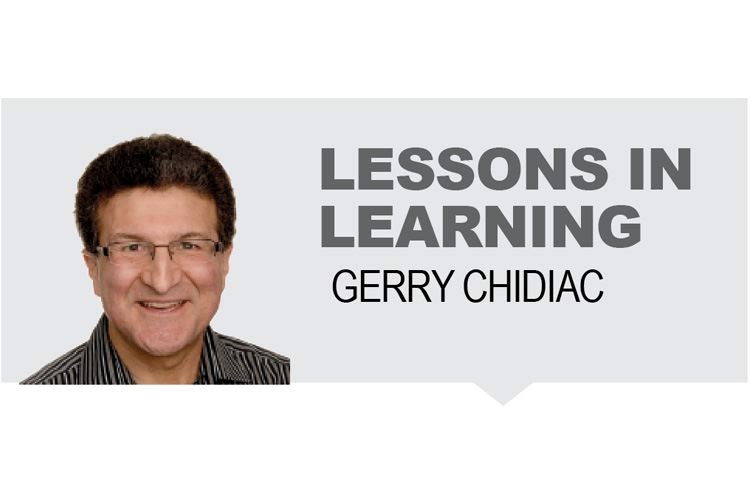It is very rare to hear Fox news commentator Tucker Carlson and scholar Noam Chomsky agree on anything, but a currently largely underreported topic brings both ends of the political spectrum together - the Julian Assange affair.
In a recent interview, Carlson’s guest Glenn Greenwald pointed out that efforts to silence Assange go back to the Obama administration when Wikileaks published information about the actions of the U.S. government and U.S. military. In essence, Assange is facing changes for revealing evidence which is very embarrassing to very powerful people working for the U.S. government.
Investigative journalism has always pushed the envelope in an effort to reveal information which people are trying to hide. Freedom of the press is vital to any true democracy. This is why we have laws to protect journalists.
At the same time, people have the right to privacy. It then becomes the role of the courts, another vital piece in the balance of power in a democracy, to interpret in an unbiased manner where the line between privacy and freedom of information is drawn. For anyone to use their power and influence to interfere with this process puts democracy at risk.
While Wikileaks continues to operate, Assange has been avoiding arrest since 2010. This began with dubious charges of inappropriate sexual conduct in Sweden, which have since been dropped. Assange went to the United Kingdom to avoid arrest in Sweden. British authorities tried to extradite him, but he was granted asylum in the Ecuadorian embassy in 2012. Assange remained there for seven years, often under surveillance. In May of 2019, he was turned over to British authorities. He was to be held for 50 weeks for his breach of bail conditions but remains in custody.
Assange’s greatest fear is extradition to the United States, where he could potentially face 175 years in prison. Current Wikileaks editor Kristinn Hrafnsson has referred to the American charges as “the evil of lawlessness in its purest form.”
At the moment, Assange’s fate rests in the hands of the British judicial system. There is also great concern with regard to both his physical and mental health.
We all need to be very concerned about Assange's fate. The flow of information is much different in the age of the internet. When Assange gained access to video footage demonstrating clear violations of International humanitarian law by American troops in Iraq, for example, was it not in the public interest that he share this information? Does it matter how he gained access? This is a moral dilemma which needs to be assessed in a fair and judicious manner.
What message are we giving to people who seek to hold our governments and our government officials accountable by seeking truth and revealing it to the public if we allow Assange’s rights to be violated? Are we telling them that they too could face lives in exile or in prison for their efforts?
The democracies of the world, especially the United States and their Western allies, hold a special place on the global stage. Many people do not live with the freedoms we have. What message are we sending to dictators and to the people who live under their tyranny if we do not have the courage to live up to our own ideals?
There is a lot more at stake than the fate of Julian Assange and Wikileaks. Our entire democratic process is on trial. Assange may or may not be guilty of going too far as an investigative journalist, but his human rights must be respected as we allow our legal system to fulfill its function.
As for those whose crimes were revealed by Assange, they have the same rights as all of us under the law. And we the people have every right to hold them accountable as well.



